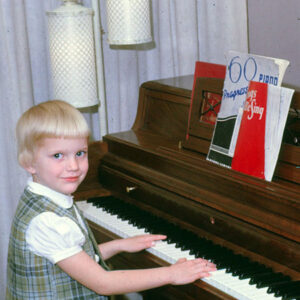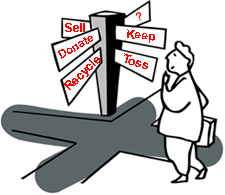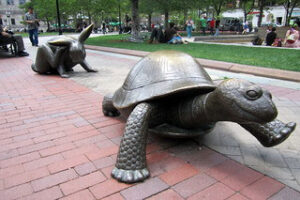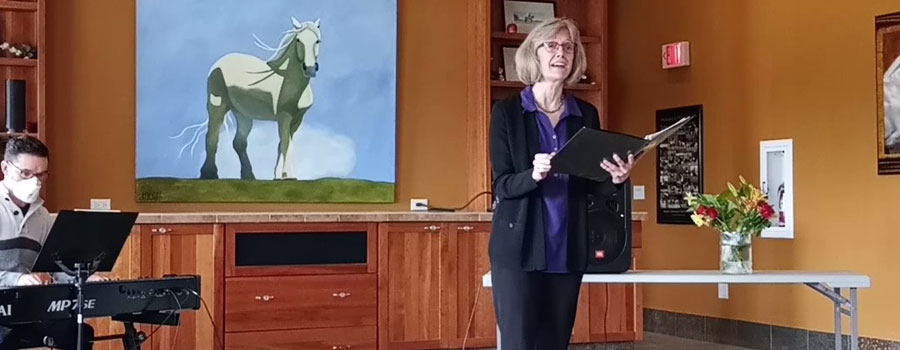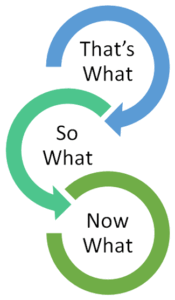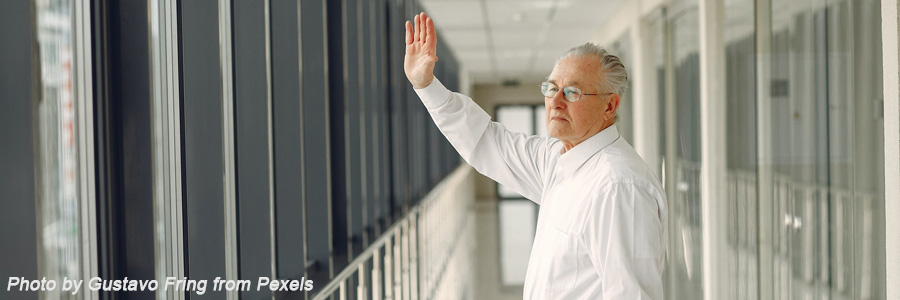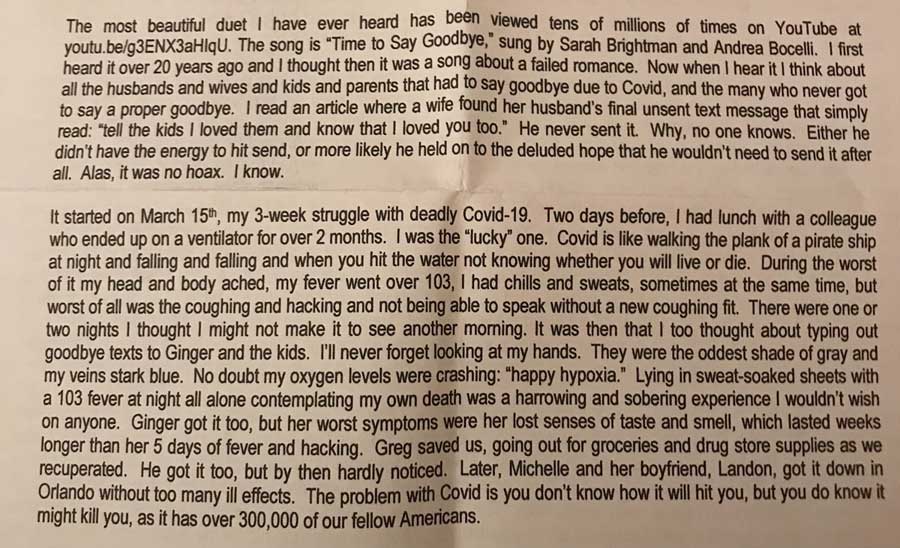Several years ago, I wrote a post that shared the high points from Dan Buettner’s book The Blue Zones of Happiness. He explored six areas in which evidence-based design principals promote happier lives: community, workplace, social network, home, financial well-being, and inner life. Given our impending move from our home of 14+ years, I’ve paid particular attention to community design. His criteria includes:
Trustworthy civil servants (politicians, police); clean environment (water, air, land, noise); minimal urban sprawl; people-friendly streets for walking and cycling; high civic engagement and volunteerism; access to nature; affordable health and dental care; healthy food (farmer’s markets); healthy public policy to curtail smoking, drugs, obesity.
We have enjoyed every one of these benefits in our current city. In fact, community design remains a strong draw for staying right where we are, yet the lure of proximity to family looms large. So, we have been checking out our neighboring state to see how it fares against Buettner’s criteria. Healthcare is a top consideration given the number of specialists with whom we have relationship.
 I looked into healthcare insurance options and checked out several medical practices that accept the insurance that we were likely to secure. When reading bios of the individual physicians, I noticed that a preponderance of them were not accepting new patients. I dug a little deeper to see what was going on there. Here’s what I learned:
I looked into healthcare insurance options and checked out several medical practices that accept the insurance that we were likely to secure. When reading bios of the individual physicians, I noticed that a preponderance of them were not accepting new patients. I dug a little deeper to see what was going on there. Here’s what I learned:
- According to a 2021 report, the state has 30% fewer physicians in general and 32% fewer primary care physicians than the national average. The mean age of practicing physicians was reported to be 52 years.1
- Given the threat of criminal penalties and loss of licensure for failing to meet legislative guidelines for abortions, a recent survey indicated that 48% of maternal fetal medicine practitioners are considering moving out of state; 73% attribute that consideration to the state’s restrictive abortion laws. 2 As Dr. Lauren Miller was quoted as saying: “If I don’t act fast enough to save your life, prevent you from getting septic, I could be liable for civil cases … malpractice. But if I act too quickly and I’m not 100% certain that the patient is going to die from the complication she’s sustaining, then I could be guilty of a felony.”3
- Physicians fear that the new legal environment will have a negative impact on maternal mortality. Yet, the state legislature recently dissolved a committee of doctors, social workers, coroners, and emergency personnel whose efforts were designed to eliminate preventable maternal deaths, as well as health problems that result from being pregnant or giving birth.4
- Chief Medical Officer Frank Johnson worries that physician recruitment will take a hit as a function of laws that “put an undue burden and a risk on their profession and on their practice and on their ethical responsibility.”5
- The editorial board of a prominent news outlet decried the poor treatment of physicians (including hostile acts by political activists) and warned that the pattern of behavior would come back to bite the citizenry when it needed lifesaving caregivers.6
I am clearly not at an age for which maternal-fetal care will be at issue. Yet I am aggrieved in behalf of the women who are and fear a spillover effect among emergency room personnel.
To be honest, I was gob smacked when stumbling upon these articles. I realize what a privilege it has been to have access to high-quality medical care, never once giving much thought to whether or not there were sufficient doctors to accommodate any needs we might have. Since COVID, we’ve had a little more trouble booking appointments, but not at a level that has caused me concern. But rolling into a state with high growth, disproportionately low levels of physicians per capita, and the risk of flight… that gets my attention.
My takeaway from this little exercise falls along the lines of “Look before you leap.” I was excited by the prospect of proximity to the extended family and had found some housing options that ticked all the boxes. I was ready to go! But it’s time to temper that enthusiasm to make sure that all of the factors that lead to a healthy and happy lifestyle shine through in the next chapter of our lives.
References:
1 https://familymedicine.uw.edu/chws/wp-content/uploads/sites/5/2022/08/Idaho_Physicians_FR_July_2022.pdf
2 https://idahocapitalsun.com/2023/04/07/survey-shows-idahos-maternal-health-doctors-are-leaving-the-state-or-soon-will/
3 https://www.cnn.com/2023/05/13/us/idaho-abortion-doctors-drain/index.html
4 https://www.boisestatepublicradio.org/news/2023-07-07/idaho-maternal-mortality-review-committee-dissolve
5 https://www.ktvb.com/article/news/local/208/local-idaho-medical-staffing-levels-under-the-microscope-as-systems-see-need-for-more-medical-professionals/277-728f85c8-3fda-470e-893b-c7e685b23c7d
6 https://amp.idahostatesman.com/opinion/editorials/article277510963.html
